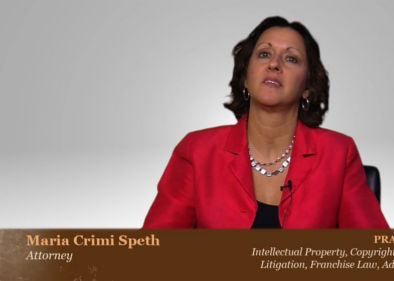How to Retain Patentability | Phoenix Intellectual Property
Wayne Carroll
Retaining Patentability
I’m going to answer the question, “how to retain patentability when presenting to potential customers?” The number one way is going to be have a patent application on file so that you are patent pending before you talk to customers.
So there’s a lot of risk to presenting to potential customers if you don’t have that patent application on file. We are now in a first to file patent system in the United States. If your customers go and file a patent application try to claim it as their own, yours will be first. I also recommend a non-disclosure agreement even after your patent is filed. For more information on how to protect your patent or protect your rights to a patent contact me. I’m Wayne Carroll at Inspired Idea Solutions Law Firm.
By: Wayne Carroll
Retaining Patentability
I’m going to answer the question, “how to retain patentability when presenting to potential customers?” The number one way is going to be have a patent application on file so that you are patent pending before you talk to customers.
So there’s a lot of risk to presenting to potential customers if you don’t have that patent application on file. We are now in a first to file patent system in the United States. If your customers go and file a patent application try to claim it as their own, yours will be first. I also recommend a non-disclosure agreement even after your patent is filed. For more information on how to protect your patent or protect your rights to a patent contact me. I’m Wayne Carroll at Inspired Idea Solutions Law Firm.
By: Wayne Carroll









